
The concept that knocked on our doors post-pandemic, is getting traction in all directions of education now. As the hybrid model is very new to adapt, educators are exploring the perils and promises that it offers. Some of the major edtechs also forayed into offline institutions to adapt to the hybrid model as the way forward. With the rise in technology, schools are also very much on the way to adapting the hybrid model. Recently, UGC also announced that e-degrees are at par with offline degrees and this will boost the adoption of online and hybrid models in the higher education segment at a rapid pace.
With every change that happens, there are definitely going to be some consequences. The continuous change in the education system in terms of the hybrid model, adapting to digital tools, etc poses quite a few perils and promises in the shifting paradigm of education. Here is an exclusive conversation from the panel discussion that happened recently at the World Education Summit organised by Elets Technomedia. Edited excerpts: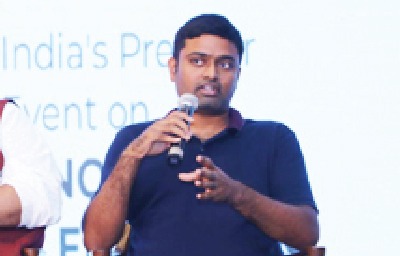
Anurag Reddy, Procurement Analytics Manager, Caterpillar Inc. said, “The benefits of online learning is, even a person who is unable to spare time from his/ her lifestyle can do it in the comfort of their homes. Leaving your jobs, or joining an institution for learning is not possible after a certain age because of the burden of responsibilities you have, so online learning is best option in such instances’’.
“According to a survey conducted in 2021, pre-pandemic only 8 per cent of students could attend online education and the number can only go up to 12 per cent during the pandemic”, said Dr. G. Sugumar, Vice Chancellor, Tamil Nadu.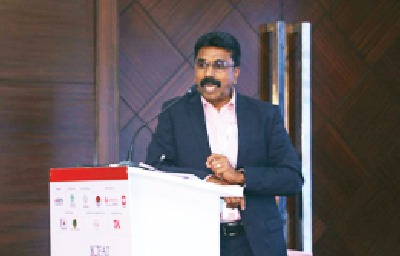
The pandemic has brought an education emergency in the country not only for rural areas but also for urban areas and we are talking about creating this huge infrastructure for Hybrid Learning, it is going to be challenging with the present infrastructure available, Dr. Sugumar further added.
K Narasimha Nakshathri, Pro-Vice-Chancellor, Bharatiya Engineering Science and Technology Innovation University (BEST), Anantapur, Andhra Pradesh said, “The education system is going to be online and with multimedia technology even for higher education but there is a difficulty for faculty who are not yet equipped well with the emerging technology.”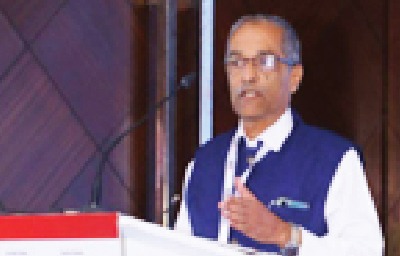
Even if they get equipped, a section of the rural areas will never afford these amenities, which is the drawback that needs to be worked on, K Narasimha further added.
Prof. Rajesh Kumar, Professor and Principal, Osmania University, Hyderabad, Telangana said, “Nowadays, through hybrid learning, we can reach anywhere all over the world. We can teach many countries at a single time. Hybrid learning has become the new era of education, with the option of both online & offline learning, everything has become easy.”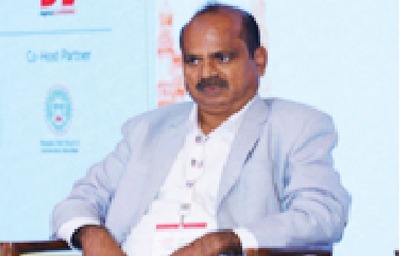
Dr. Divya Nalla, Director, Nalla Malla Reddy Engineering College, Hyderabad, Telangana said, “Today we are talking about hybrid learning which is a combination of both online and offline modes. Students can only consume content through online learning but teachers are very prominent when they need to apply these learnings practically for the enhancement of their industry skills.”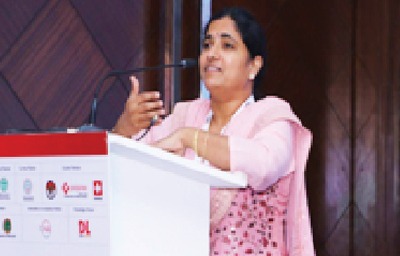
Shrihari Prakash Honwad, Senior Academician and Former Vice Chancellor at several universities said, “During the pandemic, we only tried to recreate classrooms through online methods and that was a bad implementation of classroom learning. As in brick and mortar, at least teachers have a 160-degree vision of its class, and reducing it to just small screens was perilous.”






















